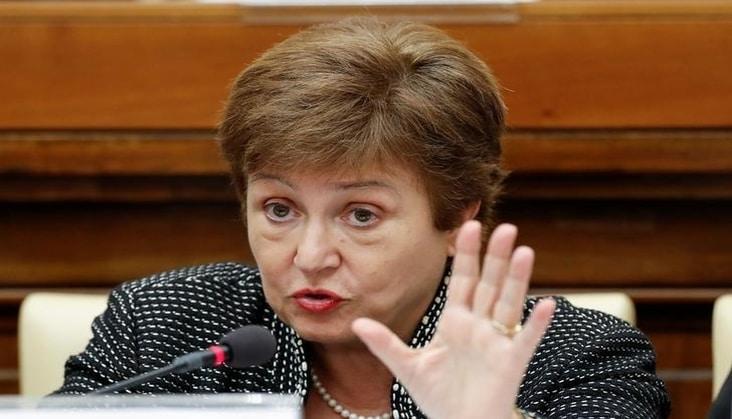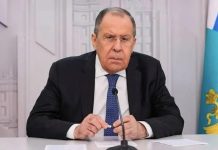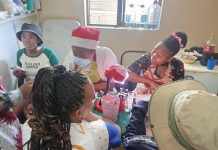Africa-Press – Lesotho. Home to most of the world’s low-income economies, Africa was bound to be the least equipped to fight coronavirus.
As the continent struggles to stop the spread of the disease, African countries have imposed various forms of lockdowns that include restricting movement and closing borders. Poor African countries do not have the means to launch the massive stimulus packages seen in rich economies.
Lacking the financial resources of rich countries such as Canada, the US, Germany or the UK, which have all launched massive stimulus programs amounting to more than $5tn, low-income African countries look to donors for help.
Already we saw the IMF taking the lead. On 3 April, the IMF’s Managing Director, Kristalina Georgieva, announced that nearly 80 countries had already requested assistance and that the fund is ready to deploy its $1tn in lending capacity.
So far, four African countries, namely Rwanda, Madagascar, Togo, and Sierra Leone, have received IMF loans to mitigate the impact of COVID-19. In the case of Rwanda, the IMF approved a loan of $109.4m in light of the country’s dire economic circumstances.
According to the IMF, “the COVID-19 pandemic has ground Rwanda’s economy to a halt. ” The loan will among other things prevent the depletion of Rwanda’s international reserves.
The IMF concluded, however, that its support to Rwanda is not enough given the scale of the economic impact. The fund hopes that its financing will catalyze further assistance for Rwanda from the international community, preferably in the form of grants.
In Madagascar, the IMF approved a loan of $165.9m. The crisis is having a severe impact on Madagascar’s economy, especially in the sectors the country relies on most.
Tourism is facing a dramatic decline, while mining, manufacturing, and trade are barely functional. The most vulnerable among Madagascar’s population of 25 million needs donations of staple foods.
The private sector needs support, and the financial sector urgently needs liquidity to preserve stability. As is the case for Rwanda, the IMF sees its support of Madagascar as being no more than a catalyst for additional donor financing.
Togo received an immediate disbursement of $131.3m; an amount of which the IMF says is almost four times larger than previously foreseen. The IMF adds that Togo’s substantial financing gaps are expected to widen due to three factors: revenue loss, higher healthcare spending, and weaker exports.
The dramatic onset of the COVID‑19 pandemic poses significant near‑term risks for Sierra Leone, the IMF says. The economic fallout of the crisis and protecting the health of Sierra Leoneans are its immediate priorities.
The recurrent theme in the IMF’s description of the COVID-19 challenges in low-income countries is that the fund’s loans are not enough. It remains to be seen whether donor countries that normally provide substantial grants, including the US, the European Union, and Britain are willing to do so during their own shutdowns.
The UK has so far led the way by contributing £150m ($186m) to the IMF’s Catastrophe and Containment Relief Trust. The Bottom Line: The IMF financing is merely a catalyst.
Without additional donor grants – as opposed to loans – the pandemic in countries such as Rwanda, Madagascar, Togo and Sierra Leone can only mean one thing: millions of lives are at risk from both the disease and eventually hunger.
For More News And Analysis About Lesotho Follow Africa-Press






